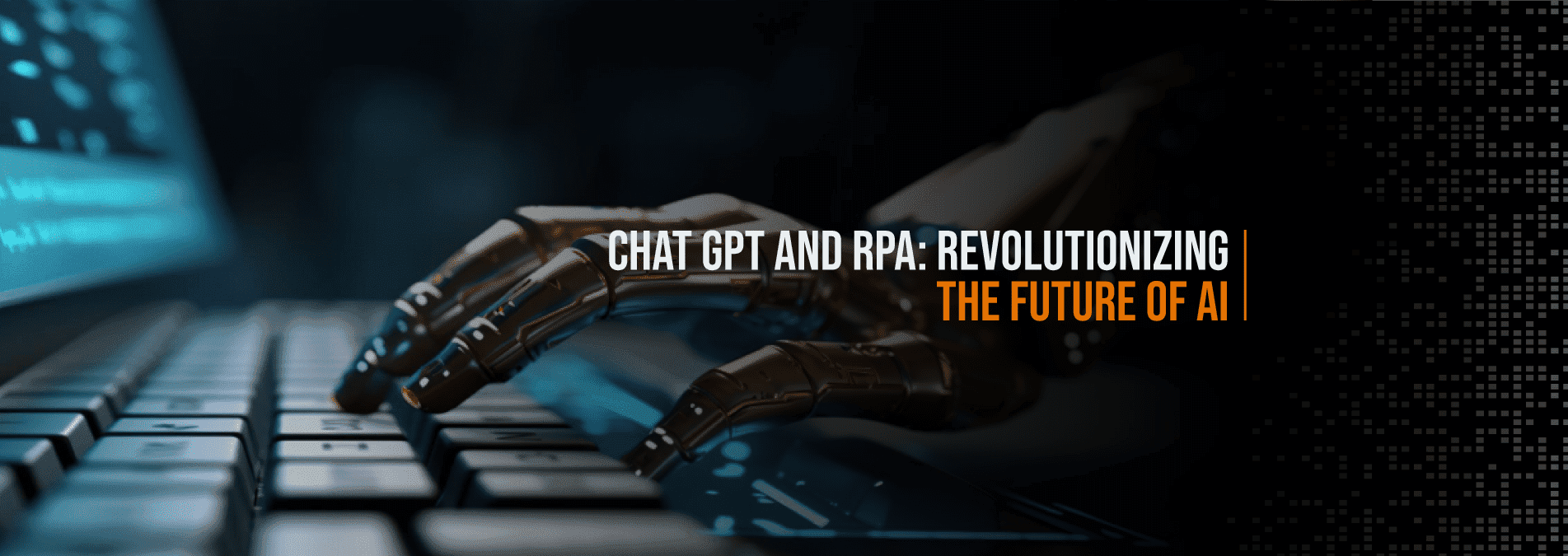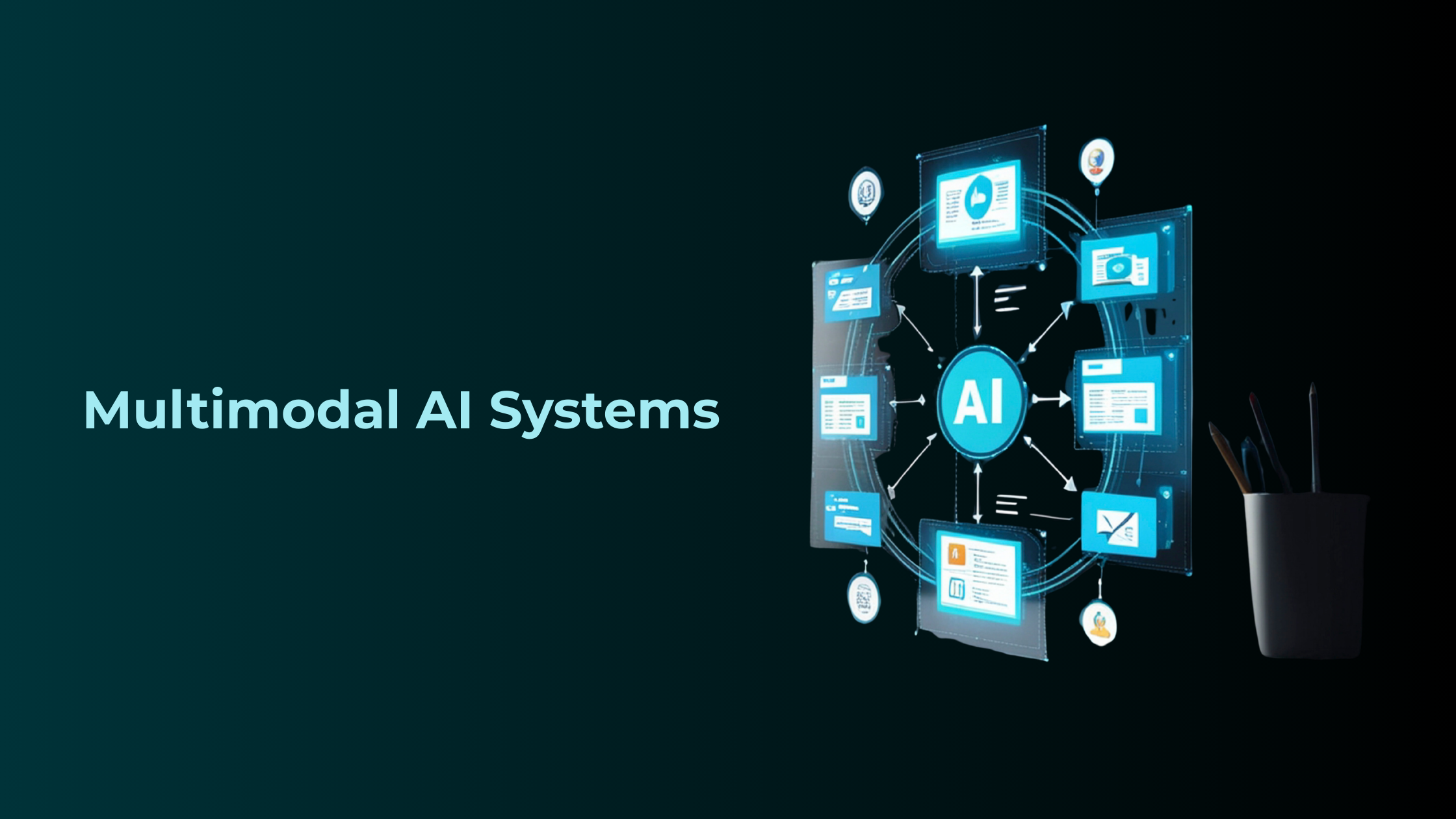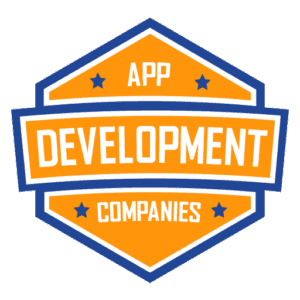ChatGPT and RPA are revolutionizing the future of automation. By combining natural language processing, artificial intelligence, and robotic process automation, these powerful technologies are unlocking unprecedented levels of automation and efficiency. ChatGPT in particular is enabling machines to understand natural language and carry out complex tasks, while RPA is automating tedious, repetitive tasks. Together, they are making the process of automation faster, cheaper, and more reliable than ever before. This blog post will explore the potential of ChatGPT and RPA to revolutionize the future of automation.
Understanding the Power of Automation
Automation is revolutionizing industries across the globe, streamlining processes, and increasing efficiency. It is a powerful tool that eliminates the need for manual labor and reduces human error. By automating repetitive tasks, companies can redirect their human resources to more strategic and value-added activities.
Automation enables businesses to optimize their operations, achieve cost savings, and improve productivity. With the help of technology like ChatGPT and RPA, the power of automation is amplified even further.
First, let’s consider ChatGPT. This innovative technology leverages natural language processing and artificial intelligence to enable machines to understand and generate human-like text. This means that machines can now comprehend complex instructions and carry out tasks that traditionally required human intervention. ChatGPT eliminates the need for users to have a deep understanding of programming languages or complex command structures, making automation more accessible and user-friendly.
RPA Development, or Robotic Process Automation Development, is a crucial facet of modern business optimization. As technology advances, the synergy between RPA and AI development services becomes increasingly evident. This convergence of RPA and AI development services amplifies the capabilities of businesses, empowering them to streamline operations, improve customer experiences, and ultimately stay competitive in today’s fast-paced digital landscape.
RPA, on the other hand, focuses on automating repetitive, rule-based tasks. RPA software mimics human actions by interacting with computer systems and applications, performing tasks such as data entry, form filling, and data extraction. By taking over mundane and time-consuming tasks, RPA not only frees up employees’ time but also reduces the risk of errors that often arise from manual data entry.
By combining the power of ChatGPT and RPA, businesses can take automation to the next level. ChatGPT allows for seamless interaction between humans and machines, enabling users to communicate complex instructions using natural language. RPA then executes these instructions, automating processes and delivering results with speed and accuracy. This integration unlocks new possibilities for automation, enabling businesses to automate tasks that were once considered too complex or time-consuming.
Overall, the power of automation lies in its ability to transform businesses by enhancing productivity, efficiency, and accuracy. With the advent of technologies like ChatGPT and RPA, automation is evolving rapidly, empowering businesses to unlock new levels of automation and achieve unprecedented levels of success.
Combining ChatGPT and RPA
Combining ChatGPT and RPA has the potential to revolutionize the field of automation, offering businesses a powerful tool that merges natural language understanding with task automation. This integration opens up a world of possibilities for streamlining processes, enhancing efficiency, and maximizing productivity.
One of the key advantages of combining ChatGPT and RPA is the seamless interaction between humans and machines. With ChatGPT’s natural language processing capabilities, users can communicate complex instructions using everyday language, eliminating the need for specialized programming knowledge. This user-friendly approach makes automation more accessible to a wider range of individuals within an organization.
Once the instructions are communicated, RPA takes over to execute the tasks with speed and precision. By automating repetitive, rule-based tasks, RPA significantly reduces the burden on human employees and frees up their time to focus on more strategic and value-added activities. The accuracy of RPA also eliminates the risk of errors that often arise from manual data entry, ensuring data integrity and reliability.
Furthermore, the combination of ChatGPT and RPA enables automation of tasks that were once considered too complex or time-consuming. Complex instructions that would have required detailed programming expertise can now be communicated through natural language, making the automation process more intuitive and efficient. This integration allows businesses to automate a wider range of processes, driving operational excellence and competitive advantage.
Moreover, the synergy between ChatGPT and RPA fosters continuous improvement and optimization. Through machine learning and data analysis, ChatGPT can learn from interactions and improve its understanding and response capabilities over time. RPA, on the other hand, can continuously monitor and adapt to changing systems and processes, ensuring ongoing efficiency and adaptability.
Benefits of ChatGPT and RPA Integration

The integration of ChatGPT and RPA offers numerous benefits that revolutionize the field of automation. By combining natural language understanding with task automation, businesses can streamline processes, enhance efficiency, and maximize productivity in unprecedented ways.

One of the key benefits of integrating ChatGPT and RPA is improved accessibility. With ChatGPT’s natural language processing capabilities, users no longer need specialized programming knowledge to communicate complex instructions. This makes automation more accessible to a wider range of individuals within an organization, empowering them to contribute to the automation process and drive efficiency.
Another significant benefit is the reduction of human error. RPA automates repetitive, rule-based tasks with precision, eliminating the risk of errors that often arise from manual data entry. By ensuring data integrity and reliability, businesses can trust the accuracy of their automated processes, leading to better decision-making and improved outcomes.
The integration of ChatGPT and RPA also enables automation of complex and time-consuming tasks. Instructions that would have traditionally required detailed programming expertise can now be communicated through natural language, making the automation process more intuitive and efficient. This allows businesses to automate a wider range of processes, driving operational excellence and gaining a competitive advantage.
Additionally, the synergy between ChatGPT and RPA fosters continuous improvement and optimization. ChatGPT can learn from interactions and improve its understanding and response capabilities over time through machine learning and data analysis. RPA can also continuously monitor and adapt to changing systems and processes, ensuring ongoing efficiency and adaptability in the face of evolving business needs.
Overall, the integration of ChatGPT and RPA offers benefits such as improved accessibility, reduced human error, automation of complex tasks, and continuous improvement. These benefits empower businesses to unlock new levels of automation, streamline processes, and achieve unprecedented levels of success in the future.
The integration of ChatGPT and RPA offers numerous benefits that revolutionize the field of automation. By combining natural language understanding with task automation, businesses can streamline processes, enhance efficiency, and maximize productivity in unprecedented ways.
One of the key benefits of integrating ChatGPT and RPA is improved accessibility. With ChatGPT’s natural language processing capabilities, users no longer need specialized programming knowledge to communicate complex instructions. This makes automation more accessible to a wider range of individuals within an organization, empowering them to contribute to the automation process and drive efficiency.
Another significant benefit is the reduction of human error. RPA automates repetitive, rule-based tasks with precision, eliminating the risk of errors that often arise from manual data entry. By ensuring data integrity and reliability, businesses can trust the accuracy of their automated processes, leading to better decision-making and improved outcomes.
The integration of ChatGPT and RPA also enables automation of complex and time-consuming tasks. Instructions that would have traditionally required detailed programming expertise can now be communicated through natural language, making the automation process more intuitive and efficient. This allows businesses to automate a wider range of processes, driving operational excellence and gaining a competitive advantage.
Additionally, the synergy between ChatGPT and RPA fosters continuous improvement and optimization. ChatGPT can learn from interactions and improve its understanding and response capabilities over time through machine learning and data analysis. RPA can also continuously monitor and adapt to changing systems and processes, ensuring ongoing efficiency and adaptability in the face of evolving business needs.
Overall, the integration of ChatGPT and RPA offers benefits such as improved accessibility, reduced human error, automation of complex tasks, and continuous improvement. These benefits empower businesses to unlock new levels of automation, streamline processes, and achieve unprecedented levels of success in the future.
Real-life Examples of ChatGPT and RPA in Action
Real-life examples of ChatGPT and RPA in action showcase the transformative power of these technologies in various industries. These examples demonstrate how the integration of natural language understanding and task automation can revolutionize processes, enhance efficiency, and maximize productivity.

In the healthcare industry, ChatGPT and RPA are being used to automate patient scheduling and data entry tasks. With ChatGPT’s natural language processing capabilities, patients can interact with virtual assistants to schedule appointments, receive reminders, and ask questions about their healthcare. RPA then automates the process of updating patient records, eliminating the need for manual data entry and reducing the risk of errors. This integration not only saves time and improves accuracy but also enhances the overall patient experience by providing quick and seamless interactions.
In the finance sector, ChatGPT and RPA are streamlining customer support and automating back-office tasks. Financial institutions are using ChatGPT-powered chatbots to provide personalized and efficient customer support, answering inquiries about account balances, transaction history, and financial advice. RPA is automating processes such as loan processing, account reconciliation, and fraud detection, reducing processing times and improving accuracy. This integration allows financial institutions to deliver better customer service, improve operational efficiency, and mitigate risks.
In the retail industry, ChatGPT and RPA are transforming inventory management and order fulfillment processes. Retailers are leveraging ChatGPT to enable customers to interact with virtual assistants for product recommendations, inventory availability, and order status updates. RPA automates tasks such as inventory tracking, order processing, and shipment notifications, ensuring timely and accurate fulfillment. This integration improves customer satisfaction, reduces manual errors, and optimizes supply chain management.
These real-life examples highlight the immense potential of ChatGPT and RPA to revolutionize automation across industries. By combining natural language understanding with task automation, businesses can streamline processes, enhance efficiency, and maximize productivity. These technologies not only improve accessibility and reduce human error but also enable the automation of complex tasks that were once considered too time-consuming or challenging. With the integration of ChatGPT and RPA, the future of automation is brighter than ever before.
The Future of Automation with ChatGPT and RPA
The future of automation with ChatGPT and RPA holds immense promise and potential. As these technologies continue to advance and evolve, they will reshape industries, revolutionize processes, and drive unprecedented levels of efficiency and productivity.
One key aspect of the future of automation lies in the continued integration and refinement of ChatGPT and RPA. As natural language understanding and task automation capabilities improve, businesses will be able to automate even more complex tasks, driving operational excellence and gaining a competitive advantage. The synergy between ChatGPT and RPA will enable businesses to automate processes that were once considered too challenging or time-consuming, unlocking new possibilities and opportunities for innovation.
Furthermore, the future of automation with ChatGPT and RPA will be characterized by enhanced collaboration between humans and machines. As machines become more adept at understanding natural language and carrying out tasks, the role of humans in the automation process will shift from manual labor to strategic oversight. This collaboration will empower employees to focus on higher-value activities that require creativity, critical thinking, and problem-solving skills, leading to increased job satisfaction and fulfillment.
Another aspect of the future of automation lies in the continuous improvement and optimization of these technologies. With machine learning and data analysis, ChatGPT can learn from interactions and improve its understanding and response capabilities over time. RPA can continuously monitor and adapt to changing systems and processes, ensuring ongoing efficiency and adaptability. As these technologies become more intelligent and adaptable, the future of automation will be characterized by dynamic and agile automation processes that can keep pace with evolving business needs.
Visit Internet Soft for the latest tech trends and insights around AI, ML, Blockchain, along with NeoBanking and timely updates from industry professionals!
Need assistance or have questions? Reach out us at sales@internetsoft.com.








